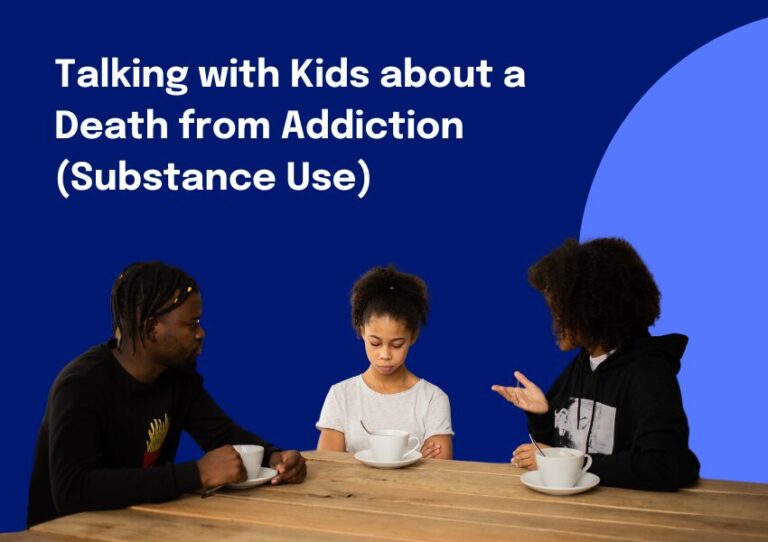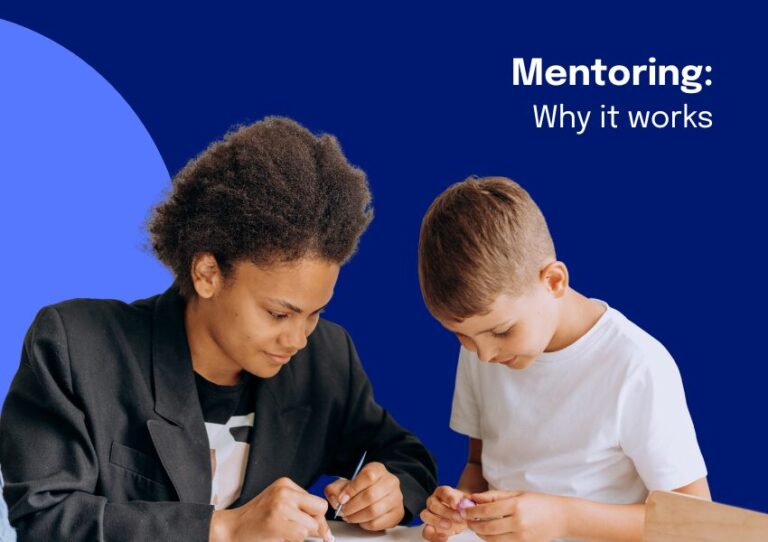Family Roles in Addicted Homes

Family Roles
Dr. Claudia Black is an expert in co-dependency and addiction focusing on addictive disorders and family systems. Dr. Black is recognized for her work worldwide and continues leading, teaching, and instructing on issues surrounding addiction. In her book It Will Never Happen To Me Dr. Black explains four dominant roles children are likely to take on while growing up in an addicted household. These roles provide ways of coping with everyday life that are typically carried on through adulthood. Each role has strengths and limitations. Unlike healthy family roles, these roles are born from fear and insecurities. As a parent in recovery it is important to recognize which role your child most aligns with in your household. Below you will find each role outlined as well as ways to begin addressing how these roles can be re-shaped so they are not centered around fear and insecurity.
1. The Responsible Child: takes responsibility for the family and tends to remain isolated. Generally the responsible child always seek the one-up position in relationships; there are no equal relationships for them.
- Strengths: initiator, goal oriented, perfectionist, self-disciplined, organized, decision maker, leadership skills
- Weaknesses: need to be right, inability to relax, inflexibility, inability to listen, extreme fear of mistakes, inability to follow, severe need to be in control, lack of spontaneity
2. The Adjuster: avoids instead of taking control, because of the chaos they are able to adjust to many situations.
- Strengths: easy going, flexible, not upset by negative situations, ability to follow
- Weaknesses: fear of making decisions, inability to perceive options and power, inability to initiate, lack of direction, follows without questioning
3. The Placater: the one who takes care of everyone else, does not know how to take care of self.
- Strengths: good listener, caring, gives well, warm, nice smile, empathetic, sensitive to others
- Weaknesses: inability to focus on self, strong fear of anger, high tolerance for inappropriate behavior, false guilt, inability to receive
4. The Act-Out Child: difficulty expressing their own needs and relating to others, typically act out and are in trouble.
- Strengths: creative, close to own feelings, sense of humor, less denial and greater honesty, ability to lead without questioning
- Weaknesses: inability to follow direction, social problems at young ages, inappropriate expressions of anger, intrusive
In order to foster a healthy family system it is important to identify the role a child has taken on in the family. These roles provide useful skills however, because the roles were taken out of fear, it is necessary to address the limitations elaborated here of these roles. Being able to address the deficits within each role will begin allowing for change and strengthening these limitations. Some examples of how to address these issues once the role is identified are:
- The Responsible Child: Let the child know it is okay to make mistakes, praise the child when they are not only in the leadership role, show the child you are the responsible one and they are the child, etc.
- The Adjuster: Encourage and emphasize a child’s strengths, accomplishments, and abilities, include the child in decision making opportunities, learn what the child is interested in, etc.
- The Placater: Allow the child to focus on themselves and not others, validate their intrinsic worth, ask the child to identify their feelings when assisting another child, tell and behave in a way that shows you are taking responsible of others (it is not their job), etc.
- The Acting-Out Child: Set limits, let the child know when their behavior is unacceptable, compliment the child when they take responsibility for something, etc.
Dr. Claudia Black was a formative partner in the creation of Eluna’s Camp Mariposa program. For a more in-depth exploration of these ideas, here is a link to purchase Dr. Claudia Black’s book It Will Never Happen To Me.


